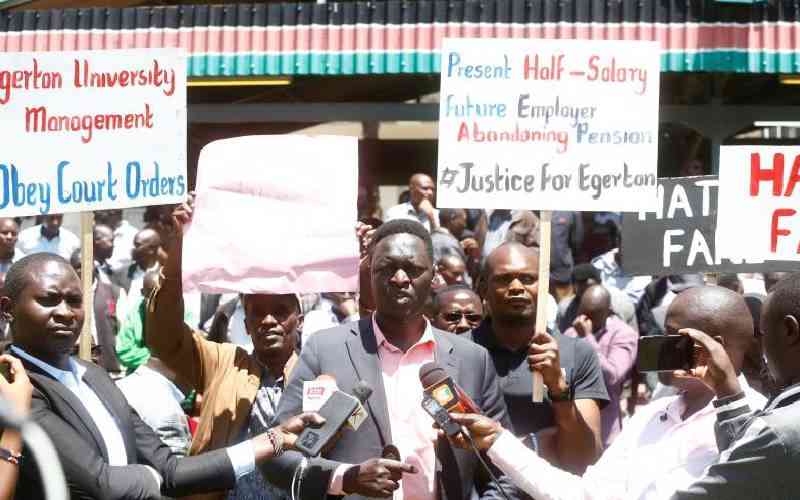
Proposals mooted under former President Uhuru Kenyatta's regime to fix universities mess seem to have been dropped.
Instead, President William Ruto's administration is putting in place new plans to try rescue the sinking institutions. Three Education Cabinet Secretaries - Dr Fred Matiang'i, Prof George Magoha and Amina Mohammed - who served in the Uhuru administration had made wide-ranging recommendations on how best the public institutions of higher learning could be revived from their deathbeds.


